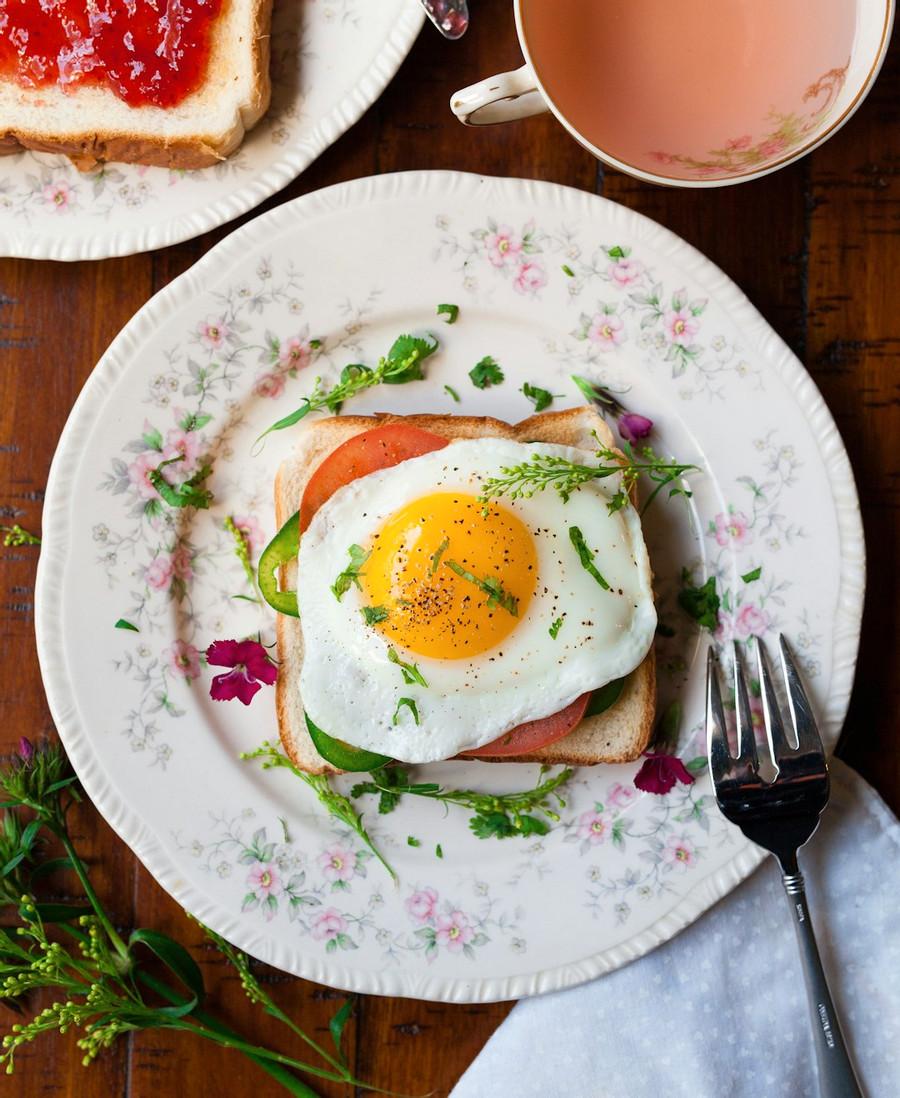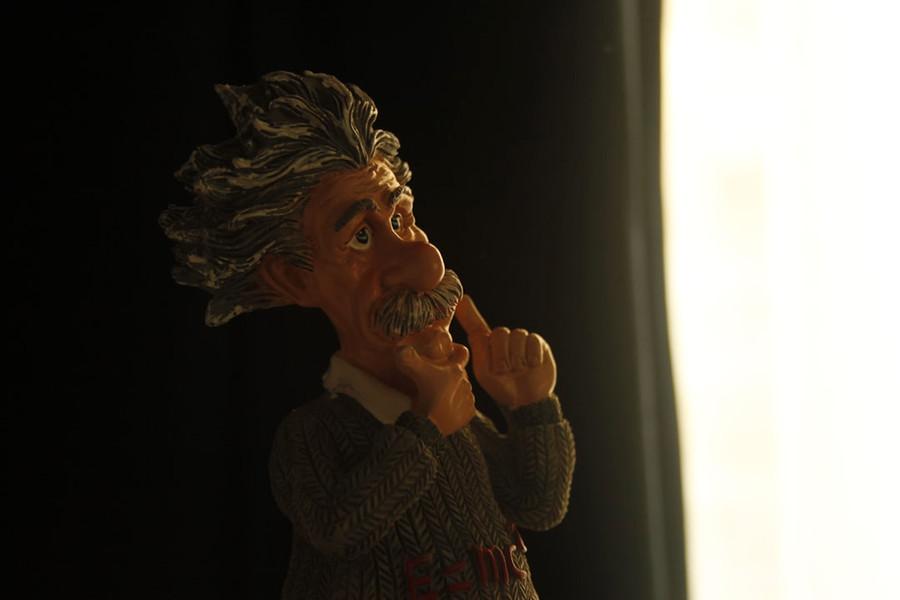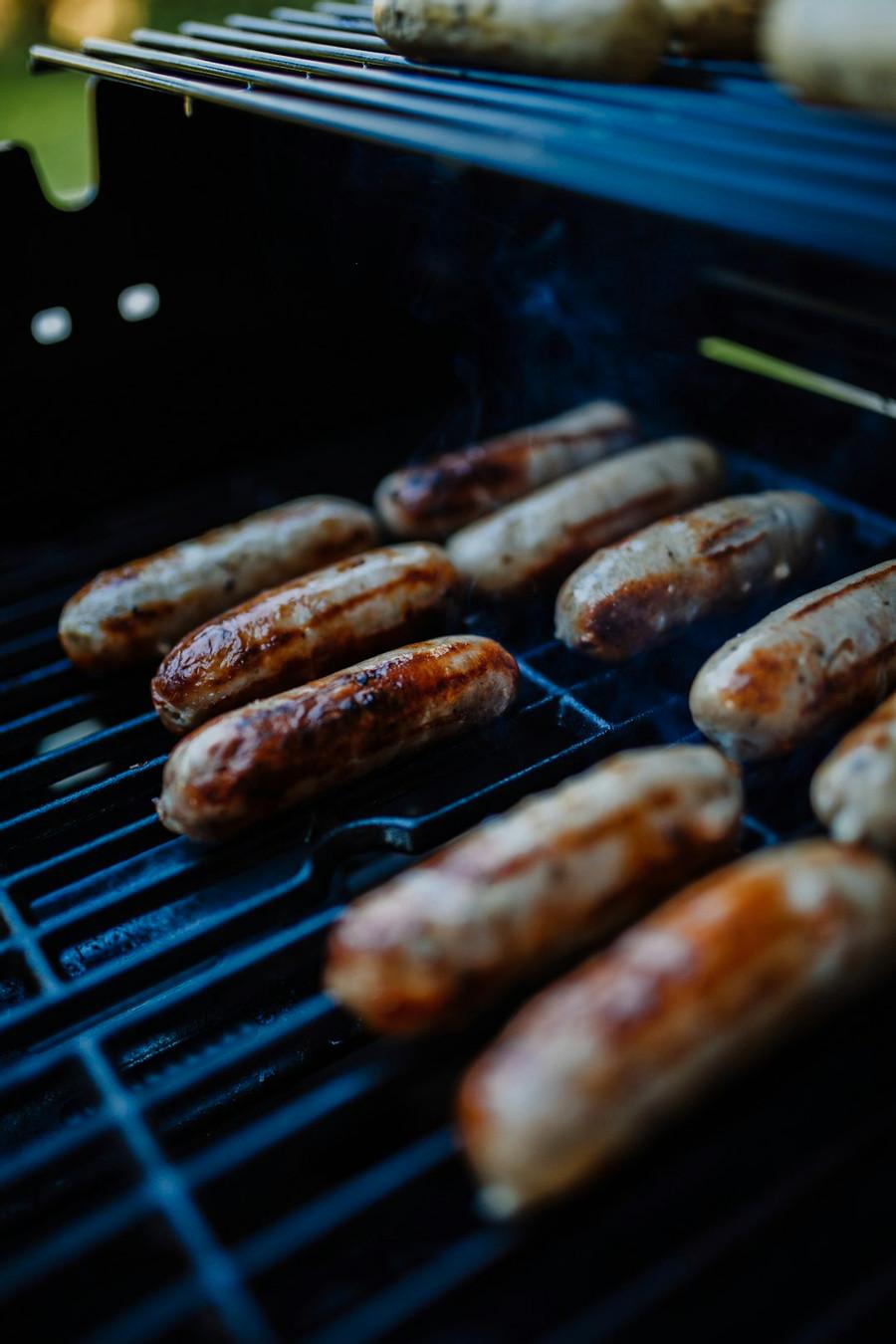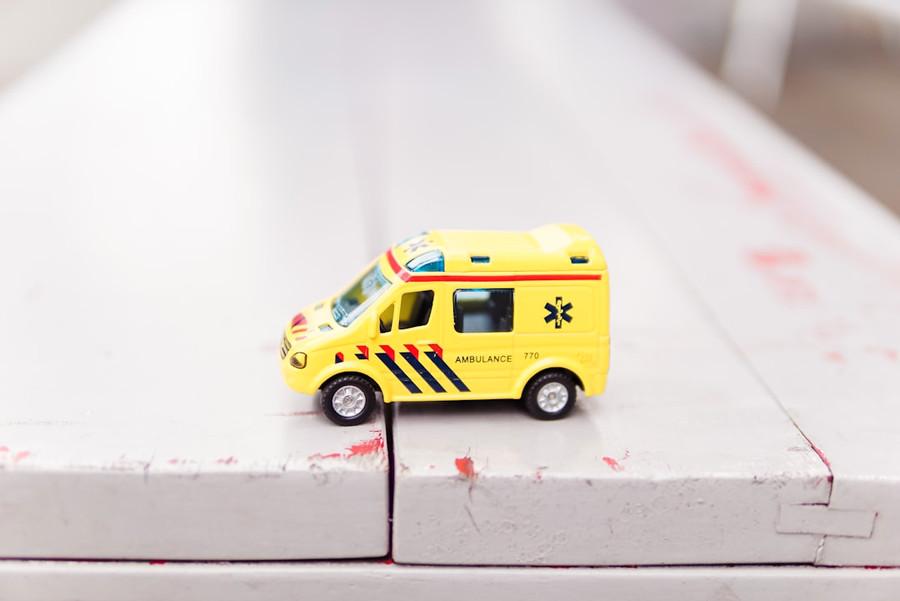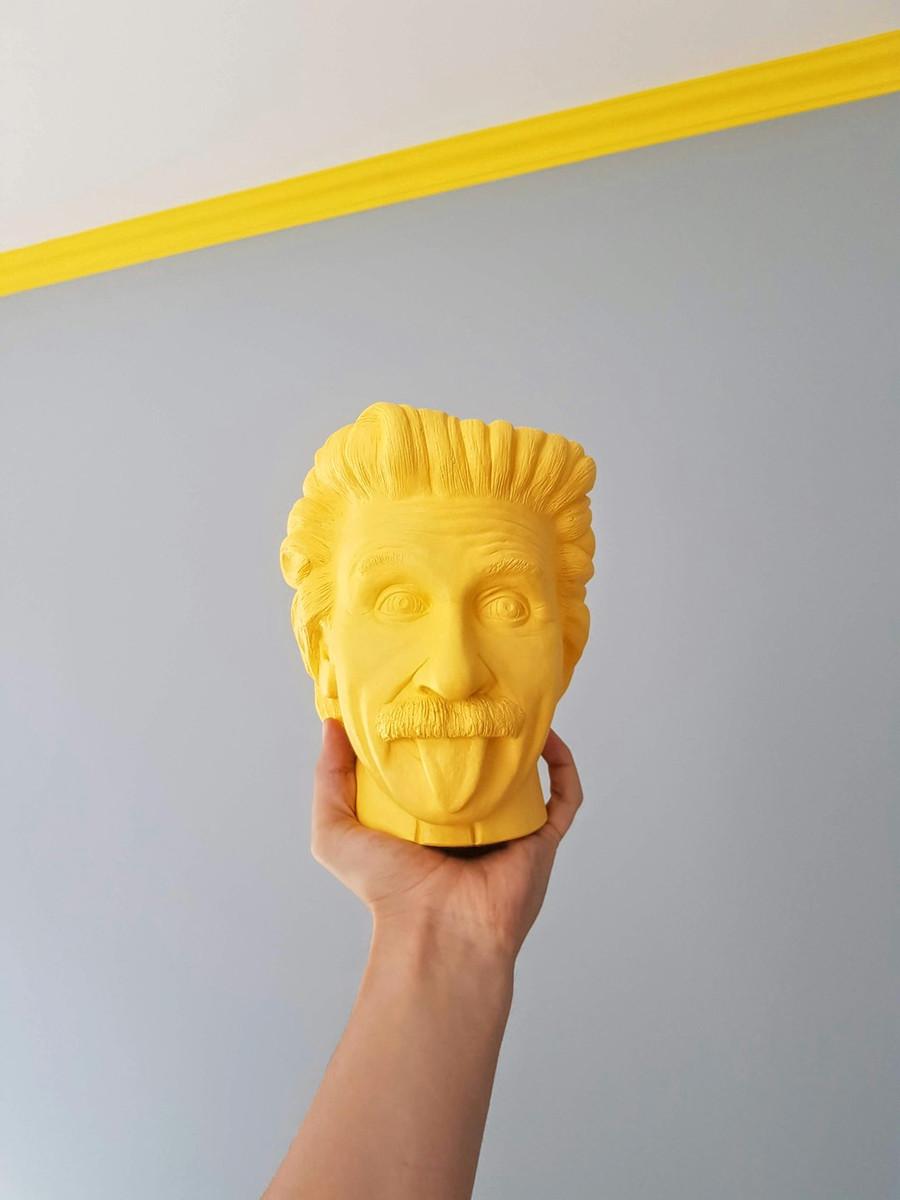Explore the World's Best Ideas
Join today and uncover 100+ curated journeys from 50+ topics. Unlock access to our mobile app with extensive features.
What Einstein ate for breakfast
Scientists have long known that the human body, including the brain, needs food to function optimally. A diet high in proteins, vitamins, and minerals may have helped Einstein's brain function optimally.
5
199 reads
What Einstein ate for lunch
ompared to breakfast, lunch was much less of a regular occurrence in Einstein’s daily life. In 1915, he wrote a letter to his second son, Hans Albert Einstein, in which he says, “I am often so engrossed in my work that I forget to eat lunch.”
5
152 reads
What Einstein ate for dinner
- Even when someone else was doing the cooking, Einstein had a relatively simple, if not terribly healthy diet.
- Some of Einstein’s scientist friends would regularly get together to discuss physics and other academic pursuits. In his biography of Einstein, Walter Isaacson writes that Einstein's dinners “were frugal repasts of sausage, Gruyère cheese, fruit, and tea.”
6
149 reads
Everything didn't go well, though
So while it's impossible to tell if Einstein’s diet contributed to his tremendous brainpower, the famed physicist was, unfortunately, plagued by chronic gastrointestinal issues throughout his life. These included both stomach ulcers and jaundice.
The physician diagnosed him with a “chronic stomach malady” and mandated a four-week diet of rice, macaroni, and zwieback bread, which is a dry, crunchy German bread similar to Melba toast.
6
112 reads
The bottom line
In April of 1955, Einstein died from an abdominal aortic aneurysm. Although his diet likely isn’t to blame, his lifestyle habits may have been. According to the Mayo Clinic, tobacco use is the biggest risk factor for developing an abdominal aortic aneurysm.
So is a diet of beans, eggs, and mushrooms the secret to cracking science’s toughest questions? Of course not. But eating those kinds of nutrient-dense foods may give you the energy to try.
6
97 reads
IDEAS CURATED BY
Digital marketing at dentsu. Invested in the symbiosis of marketing, psychology, and design. Photographer at heart.
CURATOR'S NOTE
The answer isn't as simple as you think. 👨🔬
“
Pranav P.'s ideas are part of this journey:
Learn more about food with this collection
How to overcome fear of rejection
How to embrace vulnerability
Why vulnerability is important for personal growth
Related collections
Similar ideas
6 ideas
3 ideas
Read & Learn
20x Faster
without
deepstash
with
deepstash
with
deepstash
Personalized microlearning
—
100+ Learning Journeys
—
Access to 200,000+ ideas
—
Access to the mobile app
—
Unlimited idea saving
—
—
Unlimited history
—
—
Unlimited listening to ideas
—
—
Downloading & offline access
—
—
Supercharge your mind with one idea per day
Enter your email and spend 1 minute every day to learn something new.
I agree to receive email updates

